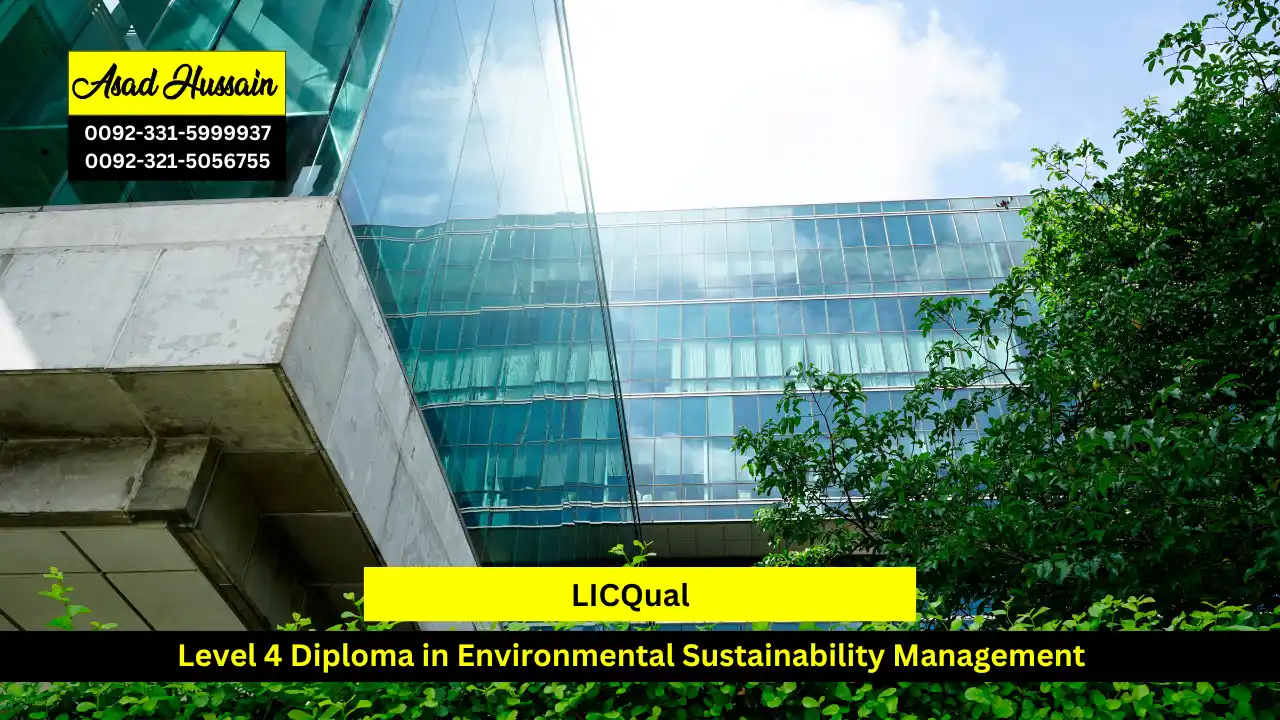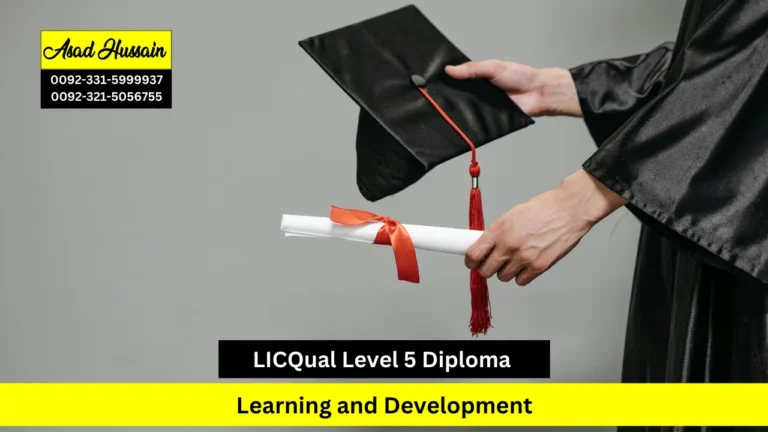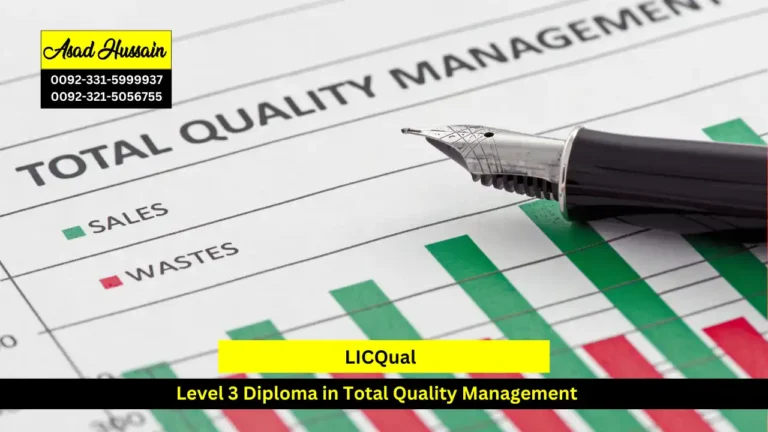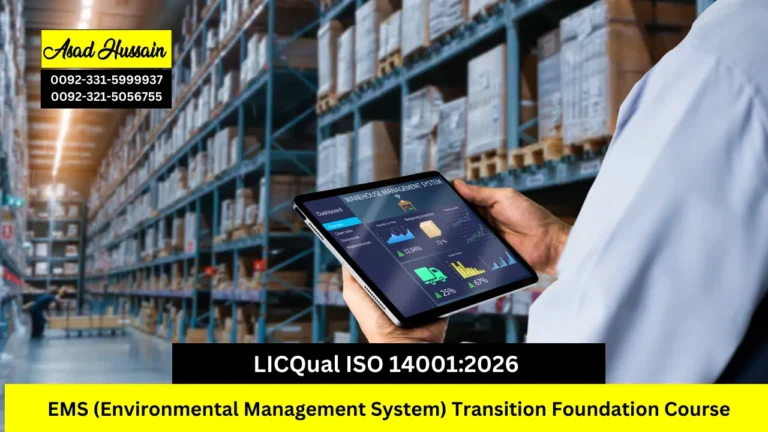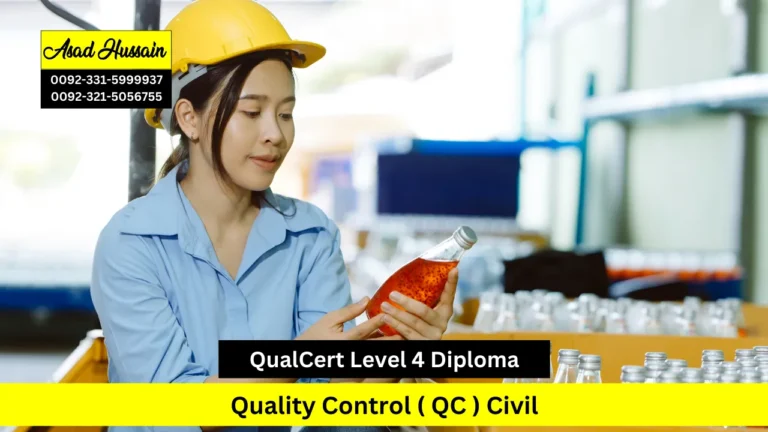In today’s rapidly changing world, the importance of environmental sustainability has never been greater. Businesses, governments, and individuals alike are increasingly recognizing the need to adopt practices that protect our planet for future generations. The LICQual Level 4 Diploma in Environmental Sustainability Management is designed to equip learners with the knowledge and skills needed to make a significant impact in this critical field.
The LICQual Level 4 Diploma in Environmental Sustainability Management is a comprehensive program that covers a wide range of topics related to sustainability and environmental management. This diploma is ideal for individuals looking to enhance their career prospects in environmental management, sustainability consulting, or related fields. It is also suitable for those who are passionate about making a positive difference in the world and want to gain a deeper understanding of sustainable practices.
The LICQual Level 4 Diploma in Environmental Sustainability Management is more than just an educational program; it is a pathway to making a meaningful impact on the world. By equipping learners with the knowledge and skills needed to drive sustainable practices, this diploma helps create a greener, more sustainable future for all. Whether you are looking to advance your career or simply want to contribute to environmental protection, this program offers the tools and insights you need to succeed.
Program Highlights
Mandatory Units
- Principles of Environmental Sustainability
- Environmental Policy and Regulation
- Sustainable Resource Management
- Climate Change Mitigation and Adaptation
- Biodiversity Conservation
- Environmental Impact Assessment
- Sustainable Business Practices
- Corporate Social Responsibility
- Sustainable Energy Management
- Waste Management and Recycling
Educational Background
- A minimum of a high school diploma or equivalent. Applicants should have completed their secondary education with satisfactory grades.
Age Requirement
- Applicants must be at least 18 years old at the time of enrollment.
English Proficiency
- Proficiency in English is essential, as the course is delivered in English. Non-native English speakers must provide evidence of their language proficiency. Acceptable tests and scores include:
- IELTS: Minimum overall band score of 5.5
- TOEFL: Minimum score of 61 (internet-based)
- PTE Academic: Minimum score of 44
- Alternatively, proof of previous education in English or an equivalent qualification may be accepted.
Work Experience (Optional)
- While not mandatory, relevant work experience in environmental management, sustainability, or a related field can be an added advantage and may be considered during the application review process.
Personal Statement
- A personal statement (500-700 words) outlining the applicant’s interest in environmental sustainability, career aspirations, and reasons for choosing the LICQual Level 4 Diploma in Environmental Sustainability Management. This statement should reflect the applicant’s commitment to the field and their understanding of the importance of sustainability.
References
- Two academic or professional references supporting the applicant’s suitability for the course. These references should provide insight into the applicant’s academic capabilities, work ethic, and interest in environmental sustainability.
Interview (Optional)
- In some cases, applicants may be required to attend an interview (in-person or online) as part of the selection process. This interview will assess the applicant’s motivation, understanding of the course, and suitability for the program.
1. Principles of Environmental Sustainability
- Understand the Fundamental Concepts: Explain the core principles of environmental sustainability and sustainable development.
- Historical Context: Describe the historical development of sustainability concepts and their impact on modern practices.
- Sustainability Frameworks: Analyze various sustainability frameworks and models used in environmental management.
2. Environmental Policy and Regulation
- Legislative Frameworks: Identify and summarize key national and international environmental policies and regulations.
- Policy Implementation: Evaluate how environmental policies are implemented and the role of regulatory bodies in enforcing compliance.
- Impact of Policies: Assess the effectiveness of environmental regulations in promoting sustainable practices.
3. Sustainable Resource Management
- Resource Management Techniques: Apply techniques for the sustainable management of natural resources such as water, soil, and minerals.
- Resource Efficiency: Develop strategies to enhance resource efficiency and minimize environmental impact.
- Case Studies: Analyze case studies of successful resource management practices and their outcomes.
4. Climate Change Mitigation and Adaptation
- Mitigation Strategies: Identify and evaluate strategies for mitigating the effects of climate change.
- Adaptation Measures: Develop and assess adaptation measures to cope with the impacts of climate change on different sectors.
- Global Agreements: Understand the role of international agreements and commitments in addressing climate change.
5. Biodiversity Conservation
- Conservation Strategies: Describe strategies and practices for conserving biodiversity and protecting ecosystems.
- Threats to Biodiversity: Analyze the main threats to biodiversity and their impact on ecosystems.
- Conservation Initiatives: Evaluate the effectiveness of various conservation initiatives and programs.
6. Environmental Impact Assessment
- Assessment Processes: Explain the process and methodologies used in conducting environmental impact assessments (EIAs).
- Impact Evaluation: Assess the potential environmental impacts of proposed projects and developments.
- Mitigation Measures: Propose mitigation measures to address identified environmental impacts and enhance project sustainability.
7. Sustainable Business Practices
- Business Integration: Develop strategies for integrating sustainability into business operations and practices.
- Sustainability Reporting: Understand the principles and practices of sustainability reporting and performance measurement.
- Case Studies: Analyze examples of businesses that have successfully adopted sustainable practices and their impact.
8. Corporate Social Responsibility
- CSR Principles: Explain the principles of corporate social responsibility (CSR) and its importance in modern business.
- CSR Implementation: Develop CSR strategies and initiatives that align with environmental sustainability goals.
- Impact Assessment: Assess the impact of CSR activities on stakeholders and the environment.
9. Sustainable Energy Management
- Energy Management Practices: Describe best practices for managing energy use and promoting energy efficiency.
- Renewable Energy: Understand various renewable energy sources and their role in sustainable energy management.
- Energy Policies: Evaluate energy policies and regulations that support sustainable energy practices.
10. Waste Management and Recycling
- Waste Management Techniques: Explain the techniques and strategies for effective waste management and recycling.
- Waste Reduction: Develop methods to reduce waste generation and enhance recycling efforts.
- Case Studies: Analyze case studies of successful waste management and recycling programs and their outcomes.
The LICQual Level 4 Diploma in Environmental Sustainability Management is designed for individuals who are passionate about making a positive impact on the environment and advancing their careers in sustainability. It is ideal for professionals looking to transition into environmental management roles, such as environmental managers, sustainability consultants, or corporate social responsibility officers. The course is also well-suited for recent graduates from fields such as environmental science, business management, or engineering who wish to specialize in sustainability. Additionally, the program caters to those working in industries that are increasingly focused on sustainable practices and regulatory compliance, providing them with the skills needed to drive effective environmental strategies within their organizations. Whether you are aiming to enhance your current career, shift to a new role in sustainability, or deepen your understanding of environmental management, this diploma offers a comprehensive education tailored to these goals.

